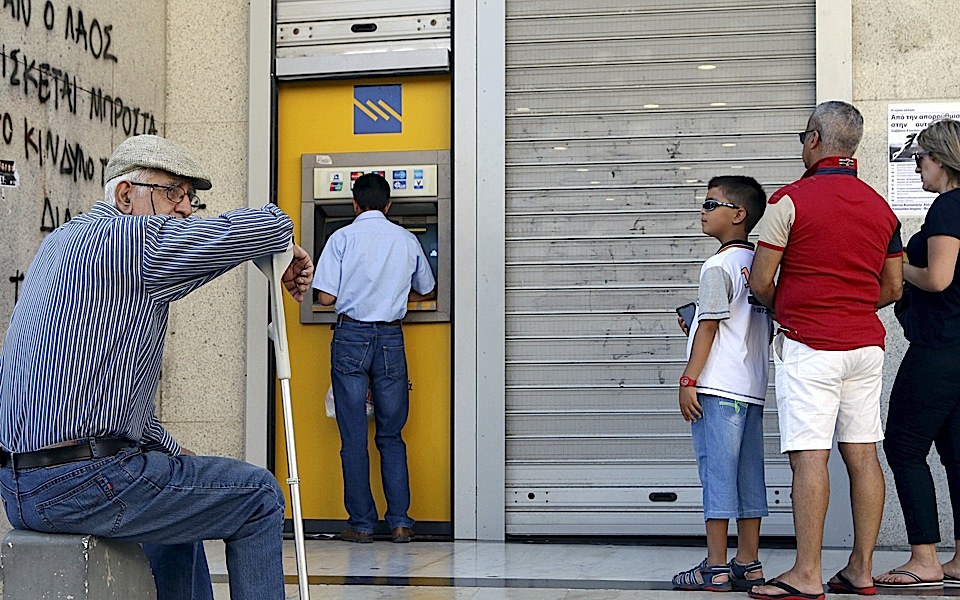Only ‘pragmatic compromise’ can save Greece

Euro finance ministers and officials meeting in Brussels must answer a tough question: How should the burden of restarting and resetting the Greek economy be shared? As they strive to find what US Treasury Secretary Jack Lew calls a “pragmatic compromise” on this important burden-sharing issue, the officials are weighing two tricky considerations, compounding the challenge of negotiations that are already under the shadow of past acrimony and broken promises on all sides.
The first component concerns the balance between emergency financing and draconian adjustments for Greece. Without a carefully crafted mix, an economy already devastated by shuttered banks and rising poverty will slide further into depression, worsening the human tragedy. Naturally, the Greek government is urging its creditors to be much more generous, not only with immediate cash funding, but also by providing meaningful debt forgiveness that would help “crowd-in” private capital. The creditors would like Greece to act aggressively to carry out internal reforms. But they need to be careful: Too much pressure could force Greece to introduce the types of measures – such as issuing IOUs to meet urgent priorities, including paying domestic bills and reopening the banks – that would make it even more difficult for the country to remain a member of the eurozone.
The second component concerns the dynamics among creditors. Given that Greece faces a significant problem of solvency – and not just a liquidity crunch – the bulk of the external funding should come from governments rather than monetary institutions such as the European Central Bank and the International Monetary Fund. And this assistance needs to be quickly supplemented by government write-offs of a significant part of their debt claims on Greece.
Yet despite meaningful reforms in recent years, the European system doesn’t allow the type and magnitude of rapid government financial response that is required to address Greek solvency. As a result, governments will be tempted to continuously place the burden on the monetary institutions, which have much greater operational flexibility and political autonomy. These institutions, however, increasingly resent this hardship, if only because Greece has received huge loans from them in the past and is already in payment arrears to the IMF.
These conditions can be met only through a “pragmatic compromise” involving a well-designed two-stage process. It must be underpinned by a quick restoration of mutual trust, the delivery of promised action and a credible verification mechanism. And any agreement must be sold to domestic constituencies that are even more skeptical than their leaders.
A workable solution would require all sides to agree to burden sharing that is deemed both fair and effective (the compromise). And the initial implementation would focus on rapidly deployable cash and adjustment bridging measures to pull the Greek economy out of its devastating economic and financial sudden stop (the pragmatic part), followed by more comprehensive policy and financing measures involving a much broader set of participants.
It is a tall order. And it would require the type of political vision and courage that Europe repeatedly has tried to master but has been unable to sustain in this crisis so far.
[Bloomberg View]
* Mohamed El-Erian is chief economic adviser at Allianz SE.





